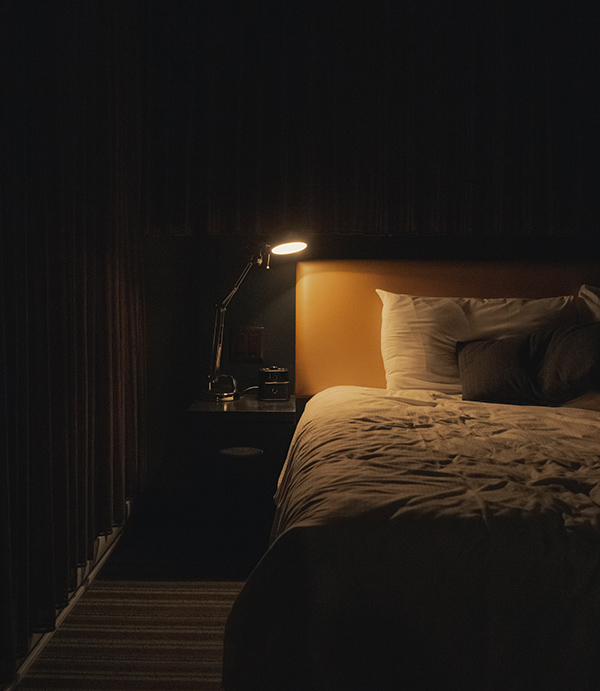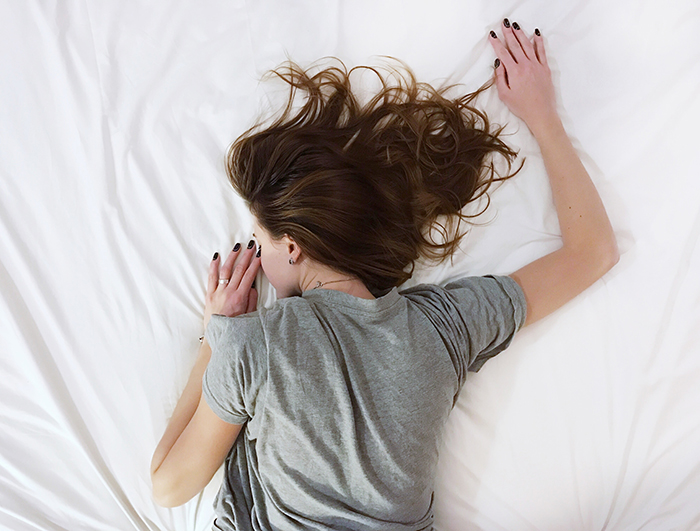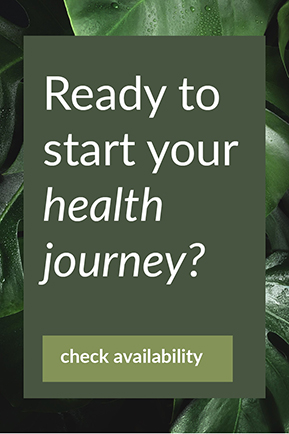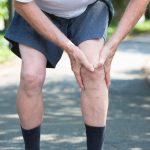The power of sleep for a healthy immune system
Sleep is paramount to our health and wellbeing. I first understood the true health implications of not getting enough sleep whilst at university, and have been an advocate for sleep ever since.
Most of us aren’t sleeping enough
The World Health Organization (WHO) and National Sleep Foundation tell us that two-thirds of all developed nations fail to get the recommended eight hours of sleep, declaring a sleep loss epidemic throughout industrialised nations.
As a society, we champion hard work and success, and sleep is often the first casualty of this so-called, “productivity”.
The reality is, sleep is paramount for health, wellbeing and in turn, success. Which is why the subject of sleep is such a hot topic for us at Performance in Health.
Long term implications of sleep deprivation
Matthew Walker, Professor of Neuroscience and Psychology and Director of the Sleep and Neuroimaging Laboratory has published over 100 scientific research studies highlighting that society’s lack of concern toward sleep has in some way been due to the failure of science in explaining the reasons why we actually need it. His findings have uncovered some jaw-dropping consequences and confirm his advice that there is not one organ in the body that is not compromised by a lack of sleep.
As a quick snapshot, lack of sleep on a regular basis over the long-term can see your health deteriorate with serious health consequences including:
- A lifestyle risk factor for developing Alzheimer’s disease is routine lack of sleep
- A lifestyle risk factor for developing Type 2 Diabetes is inadequate sleep each night due to the profound effect this has on blood sugar levels
- Less than optimal sleep each night increases your risk of arteries hardening, congestive heart failure and stroke
- Not enough sleep increases the likelihood that you will be obese or put on weight due to the impact that sleep has on your appetite-regulating hormones, blood glucose levels and metabolism
- Your brain needs adequate sleep and if you don’t get enough then it reduces your ability to learn and remember things. It also reduces your emotional control and ability to make logical decisions.

Sleep and your immune system
A very close and bidirectional relationship exists between sleep and your immune system with studies showing that even one night’s lack of sleep can reduce your immune resilience significantly.
This is why when you fall ill, your body stimulates your desire to sleep.
Sleep is required to recharge your immune system, prevent infection, maintain a healthy GUT bacteria community and fight cancer.
Chronic sleep deprivation (years of short sleep each night) can contribute to a dramatic state of reduced immune resilience. Research highlights that the cause is related to sleep deprivation ramping up your “fight or flight” nervous system activity and increasing inflammation.
So, how much sleep is ideal?
Research shows that adults between 24-64 years of age need between 7-9 hours of quality sleep and 7-8 hours for people over 65.
To improve your immune resilience, establishing healthy habits and routines can be very helpful in making sure you have a good night sleep.
What are healthy sleep habits and routines?
Get the basics right:
- Arrange regular times to go to bed and to wake up; research shows that the optimum sleep/wake times are:
– Sleep at 10pm,
– Wake at 6am.
So, set an alarm for going to sleep just like you do for waking up! - Avoid lying in bed when you wake up – it is best to get up as soon as you wake up
- Avoid napping after 3pm if at all
- Establish a daily exercise that you enjoy however no later than 2-3 hours before bed
- Have some natural sunlight for at least 30 minutes each day as it is critical in regulating sleep patterns
Important recommendations:
- Create a sleep environment that you love with comfortable bedding
- Create a dark environment free from noise; use soft lamps and avoid bright lights late at night
- Create a comfortable temperature that is cool and ventilated
- Avoid television in your room, internet access, mobile phones or laptop
- Avoid caffeine (including chocolate), sugary foods, soft drinks and cigarettes at night before 2pm
- Avoid alcohol before bed as it negatively impacts REM sleep, meaning your sleep will be lighter
- Avoid having electrical appliances including alarm clocks and phones in the bedroom
- Eat a light dinner at least 2 hours before bed and avoid large meals which interfere with sleep
- Take time to wind down before bed; refrain from stimulating your mind with news, work and social networking
- Create a sleeping ritual the hour before bed that may involve a warm bath, relaxing music, guided meditation, reading a relaxing book, deep breathing
- Drink herbal teas to help you relax and support sleep before bed such as chamomile, lemon balm, lavender and passionflower.
How you can benefit from better sleep during self-isolation
During the social isolation required of us during COVID-19 why not implement a few of these suggestions whilst you buckle down at home and make the most of the additional hours you may be saving on travel to work.
If you would like a more detailed and thorough assessment of why you may be having difficulties sleeping, please reach out and book a consultation with Tanya Edwards, Naturopath on our contact page here.










